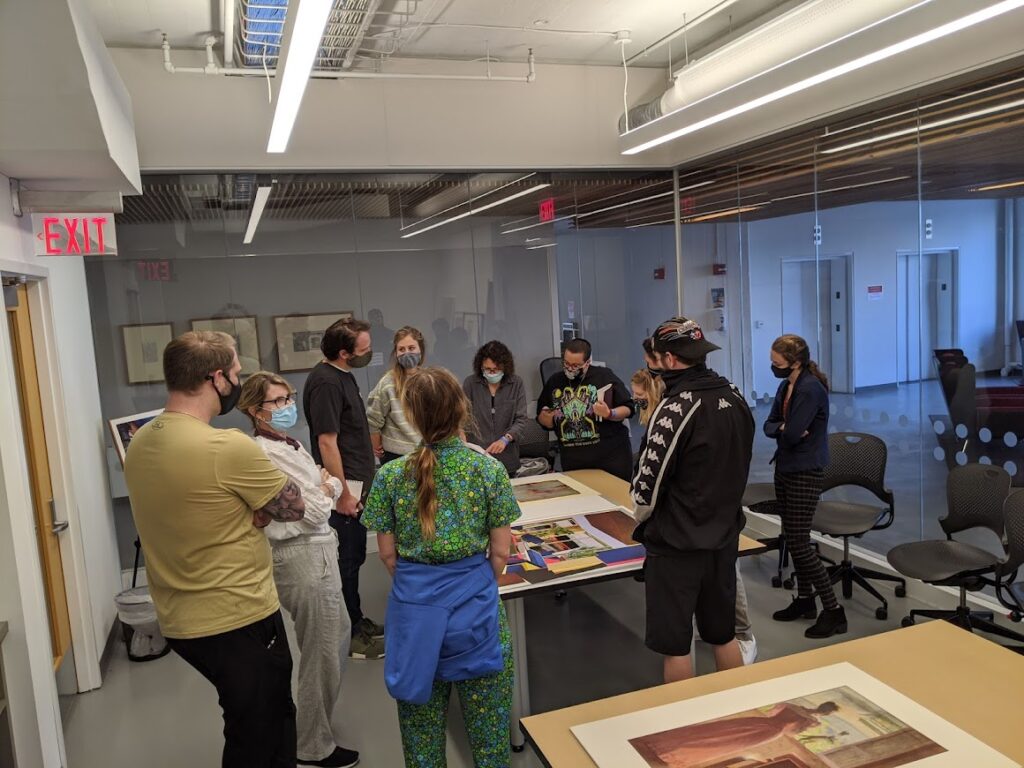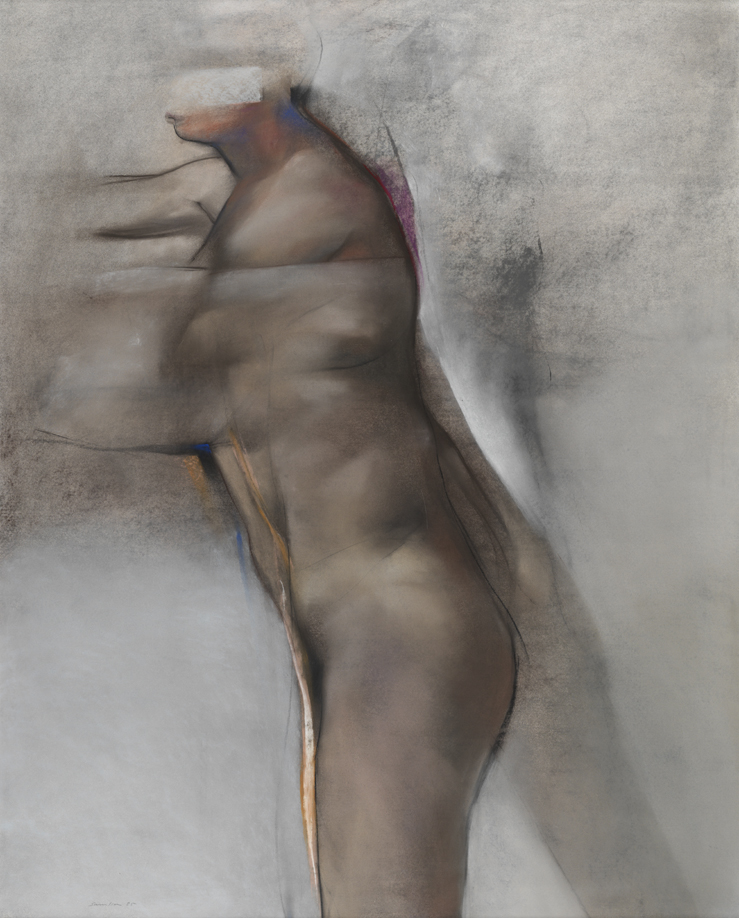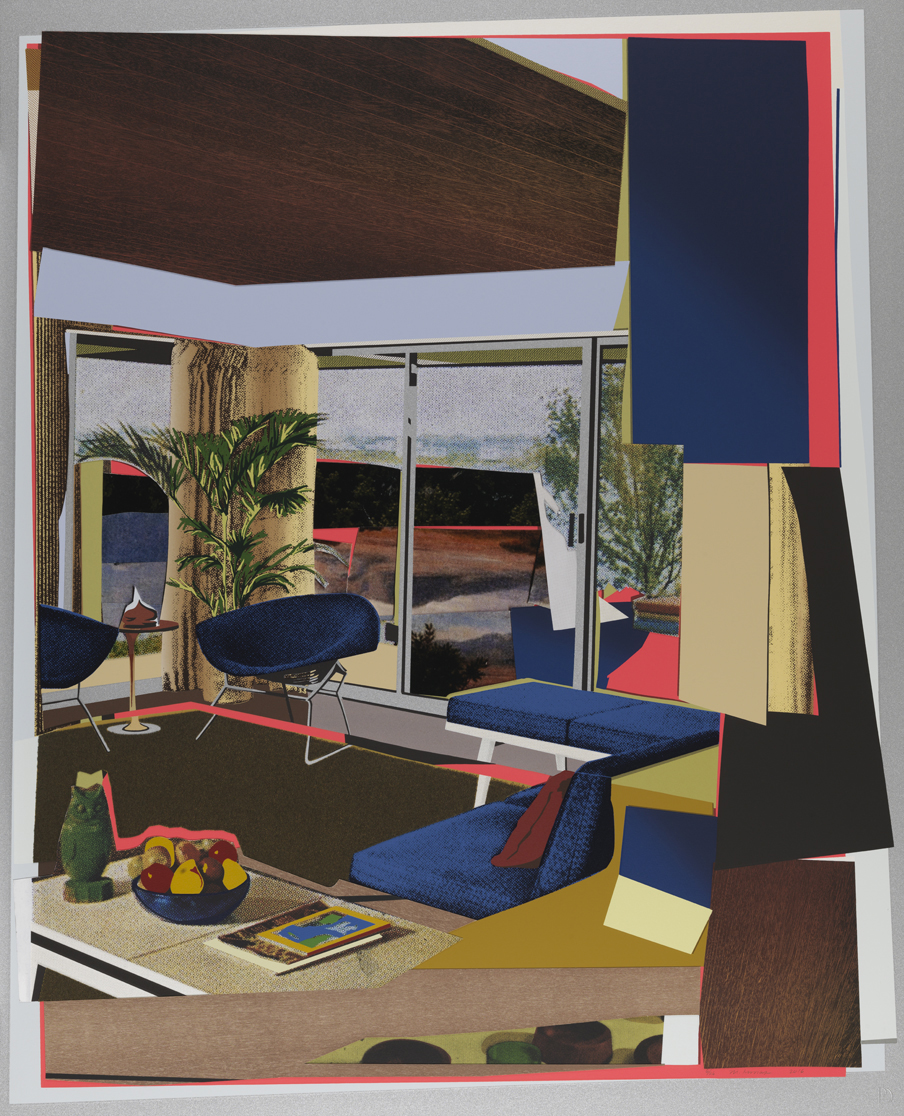The Pennsylvania Academy of the Fine Arts (PAFA) is honored to announce it was awarded a $95,000 grant from the Institute of Museum and Library Services’ (IMLS) Museums for America program. Funds will support the Museum’s efforts to complete photography for 971 works in the permanent art collection, update and standardize catalog records for the collection, and upgrade the museum’s outdated collections management system and online web portal.
For the past decade, PAFA has successfully implemented a digital imaging program and online collections portal that provided free access to over 90% of its art collection. PAFA’s ongoing work has had a significant impact on the way the museum serves its community in the digital age and is an important educational tool used to support various levels of research interests.
The two-year project represents PAFA’s continued efforts in leveraging digital technologies to expand access to its renowned collection of American Art. The award will not only fund much needed upgrades to its technology infrastructure, but also hire and train one project employee in museum collection photography, cataloging, and collections management.
“We are so grateful to receive this generous grant from IMLS,” said Hoang Tran, Director of Archives at PAFA and will serve as the Project Director for the grant. “Not only will the grant help PAFA promote the preservation of and access to its collection, but it also ensures we continue to fulfill our mission as responsible collection stewards.”
The new and updated high-resolution photography of PAFA’s permanent art collection will dramatically enhance PAFA’s ability to serve its community, particularly during the pandemic when access to digital resources becomes essential.
About the Institute of Museum and Library Services
The Institute of Museum and Library Services is the primary source of federal support for the nation’s libraries and museums. We advance, support, and empower America’s museums, libraries, and related organizations through grantmaking, research, and policy development. Our vision is a nation where museums and libraries work together to transform the lives of individuals and communities. To learn more, visit https://www.imls.gov/and follow us on Facebook and Twitter.

![[Lady standing at window, with cat]](https://www.pafa.org/sites/default/files/artworkpics/1971_8_69_l.jpg)



